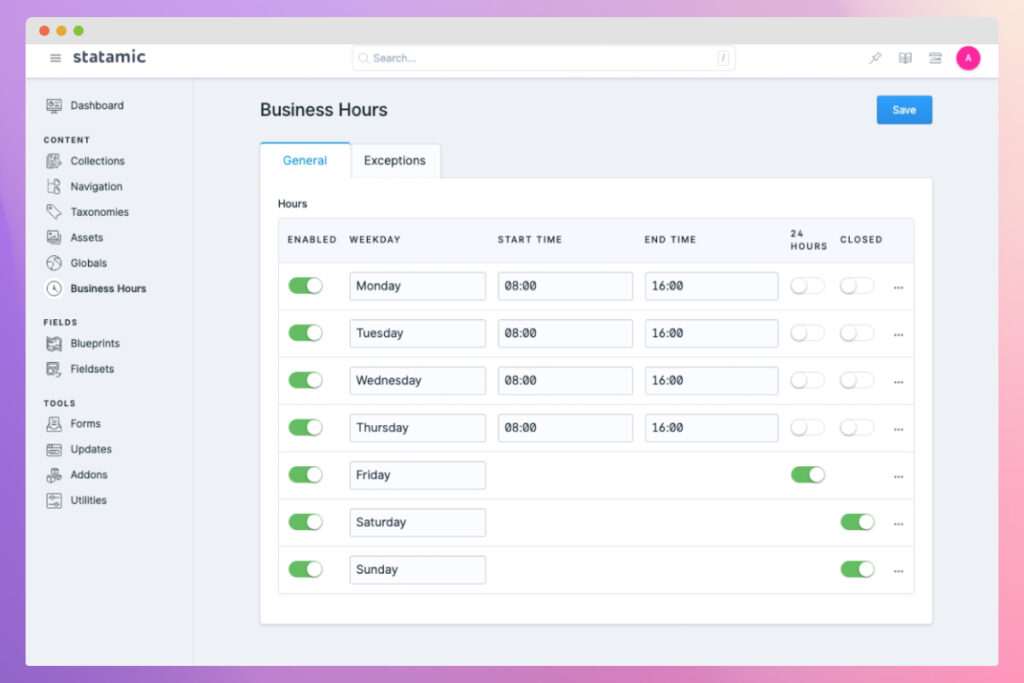Introduction: The Role of Business hours in Modern Work Culture
In trendy speedy-paced international, where era has blurred the strains among work and personal lifestyles, defining and dealing with commercial enterprise hours has come to be an increasing number of complexes. Business hours not simplest dictate when clients can interact with an organization but additionally set expectancies for personnel’ availability and work-life balance. Striking the proper stability between flexibility and consistency in enterprise hours is vital for each organization and their stakeholders.
The Evolution of Business hours: From Brick-and-Mortar to Digital Presence
Traditionally, commercial enterprise hours were restricted to the bodily presence of brick-and-mortar stores. However, the upward push of e-commerce and digital offerings has revolutionized the concept of commercial enterprise hours. Now, agencies operate across the clock, catering to global audiences across special time zones. This shift has necessitated a reevaluation of conventional enterprise hour systems to house the demands of an interconnected global.
Flexibility in Business hours: Meeting the Needs of a Diverse Customer Base
One of the key blessings of modern-day technology is the capability to provide flexible business hours. From 24/7 customer support to on-call for services, agencies can now tailor their working hours to align with the various needs in their patron base. This flexibility no longer simplest complements client pleasure however also opens up new sales streams with the aid of tapping into markets that have been formerly inaccessible due to time constraints.
The Impact of Flexible Work Arrangements on Business hours
The proliferation of far-flung paintings and bendy paintings preparations has further blurred the bounds of conventional enterprise hours. With personnel running from unique time zones and deciding on whilst and wherein to work, businesses are challenged to reconsider their method to defining operating hours. Adopting bendy policies that prioritize productiveness over constant schedules can empower personnel to reap a better work-existence stability at the same time as ensuring seamless collaboration throughout dispensed groups.
Consistency as a Pillar of Customer Service Excellence
While flexibility in business hours is essential, consistency remains a cornerstone of customer service excellence. Customers rely on regular working hours to plan their interactions with corporations and anticipate dependable carrier on every occasion they reach out. Inconsistent commercial enterprise hours can erode believe and loyalty, driving customers to competition who provide a extra predictable experience. Therefore, groups ought to strike a balance among flexibility and consistency to preserve purchaser pleasure.
Leveraging Technology to Manage Business hours Effectively
Technology performs a pivotal position in handling and optimizing commercial enterprise hours within the virtual age. Advanced scheduling software, automated messaging systems, and artificial intelligence algorithms enable corporations to streamline operations, assume client desires, and adjust enterprise hours dynamically. By harnessing the strength of facts analytics, organizations can pick out height hours, allocate resources effectively, and optimize staffing tiers to maximize productivity and customer satisfaction.
The Future of Business hours: Adapting to Changing Trends and Consumer Preferences
As technology keeps to adapt and patron behaviors shift, the destiny of business hours will probably undergo in addition transformation. The rise of the gig economic system, the growing demand for customized stories, and the developing emphasis on work-existence stability will form how organizations outline and control their running hours. Embracing agility, innovation, and client-centricity may be key to staying in advance in an ever-converting landscape.
Conclusion: Balancing Flexibility and Consistency for Success within the Digital Era
In end, navigating commercial enterprise hours inside the digital technology requires companies to strike a sensitive stability among flexibility and consistency. While embracing flexible regulations can cater to numerous purchasers needs and empower employees, retaining consistency is critical for building trust and delivering first-rate customer support. By leveraging generation, adapting to converting trends, and prioritizing the wishes of both customers and employees, businesses can thrive in an increasing number of interconnected and dynamic market.


